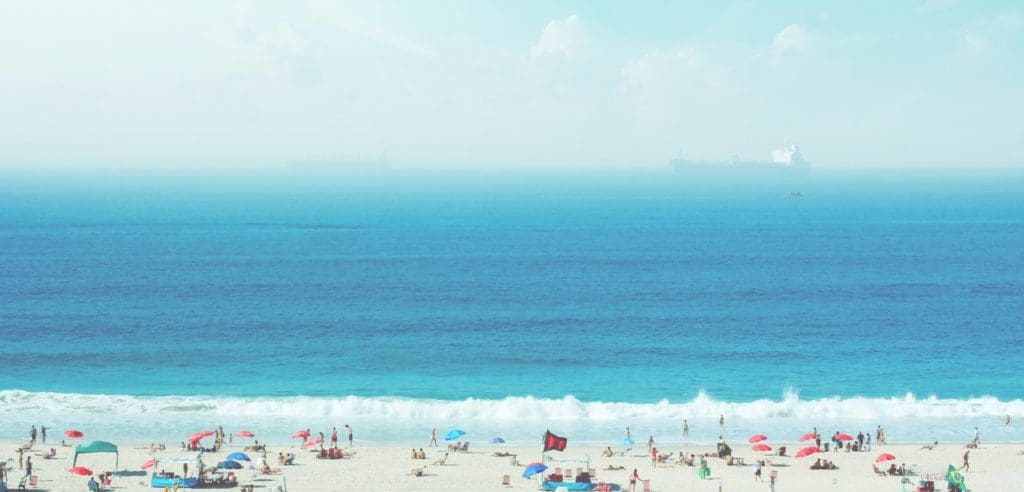The water quality in Brazil has never been top-notch, and a severe drought has diminished the quality even further. If you’re heading to Brazil, using only bottled water for drinking and food prep is the way to go.
More on the Draught
The effects of the severe water shortage are being felt most heavily in the state and city of Sao Paulo. The LATimes reports the southeastern region of Brazil in the midst of the worst drought it’s seen in 80 years.
The state government officially recognized the severity of the crisis in August 2015, approving the suspension of licenses that allow industry, agriculture and other private entities to draw water from local supplies. The city’s two main water reservoirs are extremely low, with water levels at less than 17 percent of capacity for one and 15 percent capacity for the other.
What This Means for Travelers
Bottled water is a must if you’re traveling to Brazil, and even that may be tougher to come by than usual. Even without a water shortage, the Centers for Disease Control and Prevention (CDC) always suggests travelers drink bottled water instead of tap or well water when visiting Brazil. The current situation has made this advice more important to heed than ever.
Poor Water Quality in Brazil
The poor water quality in Brazil increases your risk of contracting several illnesses.
Hepatitis A: Contaminated water or food can easily spread Hepatitis A throughout Brazil, no matter where you’re staying. The CDC recommends a hepatitis A vaccine before you travel.
Typhoid: Typhoid also spreads through contaminated water or food in Brazil, and the CDC likewise suggests receiving a typhoid vaccination before you go. The risk of typhoid is heightened in rural regions and smaller cities.
Travelers’ Diarrhea: This unpleasant ailment is another risk when consuming contaminated food or water. While you can’t get a vaccine for this one, you can ask your doctor about antibiotics you may be able to take with you to help treat the condition if it occurs.
Bottom Line
Drinking only bottled water in Brazil is the safest route to take, and you want to make sure any bottled water you buy is properly sealed to ensure quality. Steer clear of tap water and well water as well as any ice, juices, iced tea or other drinks made from tap water or well water.
Prepare for your trip to Brazil with the proper vaccinations, your expedited Brazil visa and knowledge that the water is best from a sealed bottle, and you should be ready to hit the road. Please feel free to contact us with any other travel questions you may have. Swift is always happy to help!

